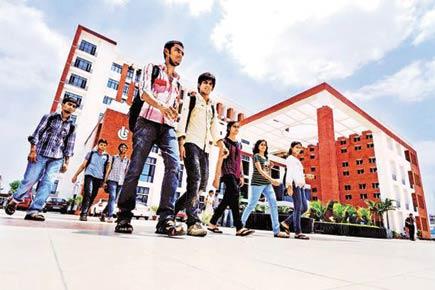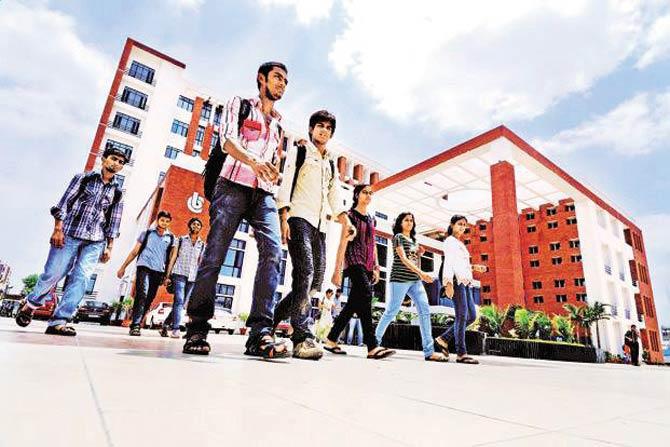Last month, 17 year-old Kriti Tripathi killed herself in Kota, the hub for competitive exam coaching classes

 Last month, 17 year-old Kriti Tripathi killed herself in Kota, the hub for competitive exam coaching classes. She left a note written with such clarity and understanding about her situation, it’s almost bewildering that it was followed by suicide.
Last month, 17 year-old Kriti Tripathi killed herself in Kota, the hub for competitive exam coaching classes. She left a note written with such clarity and understanding about her situation, it’s almost bewildering that it was followed by suicide.

With suicides among students in Kota continuing, Rajasthan Governor Kalyan Singh on Thursday said that the government should constitute a regulatory body to monitor coaching institutes in the district
ADVERTISEMENT
Part of her despair stemmed from coaching centre culture. Monthly tests and incessant ranking and judging of students’ worth, would suck the life out of most people. But they are only the extreme manifestation of an ever-intensifying situation where traditional mindsets around caste, class and gender get mapped on to consumer society.
The indicators of success to which you must conform only seem to grow. Not only should you marry the right “type” of person, you must also have a certain kind of wedding; not only must you earn a certain salary, you must also spend it a certain way and be seen to do so. This must happen even when you choose once ‘alternative’ professions like art or writing, because then you must be on some Internet list of 23 most interesting artists under 25, or have some hipster start-up idea and a matching Instagrammable life.
Tripathi’s suicide note sets out the impact of this very simply: “It’s not because of bad scores in JEE Mains. It’s because I’ve started hating myself to the extent that I want to kill myself… Even all the people I know combined don’t know the whole of my life story. I have a habit of keeping things to myself.” It’s loneliness and disconnectedness and loss of community of epidemic proportions.
Some months ago, at a workshop in a Mumbai college, I asked a class of about 40 students how many of them had a best friend. Not more than five or six put up their hands. Responding to questions about love and sex, their group answers displayed casualness, a sense of being cool with everything. Their anonymous responses revealed ignorance, vulnerability, pain, uncertainty and a fear of admitting all this, lest they be shamed. The need to belong by fitting in is the very thing that renders us most lonely.
A recently viral article on young people who would rather starve for a branded sandwich than eat an office canteen thali in order to keep up appearances, labelled them new urban poor. A sanctimonious slew of responses about the meaning of poverty followed, predictably; our public conversation increasingly resembles the point-scoring of college debates. It, too, is competitive like Kota, revealing that this poverty is an emotional one, tied to a certain definition of prosperity and acceptability.
Neither the overheated observationality of the original article, nor the desiccated put-downs of it, really expanded the conversation to question how we can incorporate the idea of community, of being interconnected and of the world of emotion into our conversation about society, progress and development.
In her letter, Kriti Tripathi implored the HRD ministry to “shut down coaching centres. They suck.” But the HRD ministry might respond that this is not within the central government jurisdiction. Our administrative and social institutions seem more interested in censuring and punishing students, than thinking of how to shape an educational system that is genuinely sustaining and enabling. At least now we know the answer to the question in the Beatles’ song: all the lonely people? That’s where they all come from.
Paromita Vohra is an award-winning Mumbai-based filmmaker, writer and curator working with fiction and non-fiction. Reach her at www.parodevipictures.com
 Subscribe today by clicking the link and stay updated with the latest news!" Click here!
Subscribe today by clicking the link and stay updated with the latest news!" Click here!







